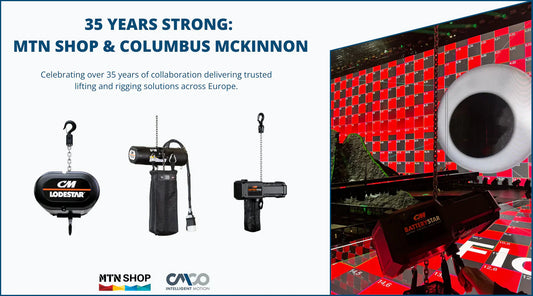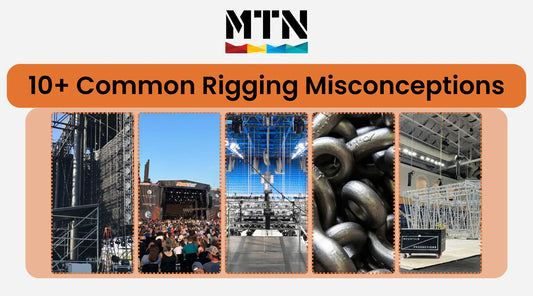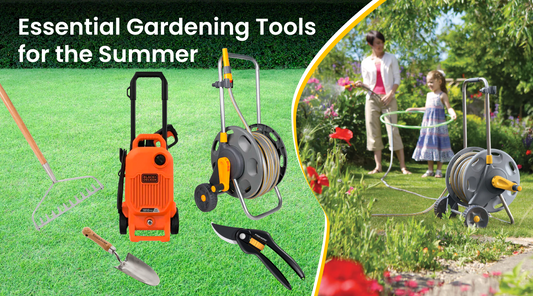10 Different Types of Ratchets and Their Uses
Article
Ratchet, ratchet wrench, socket wrench: what’s the confusion all about? Many people use these words interchangeably, yet there is a distinct difference. If you are sailing in the same boat with these individuals, it is time you set yourself apart from them. Read on to find out the clear distinction between these words and learn about the 10 different types of ratchets and their uses.
What is a Ratchet
Ratchet is the informal word for a ratchet wrench. It is mainly used among mechanics and other ratchet wrench users who are accustomed to the tool.
Therefore, if you are going to buy a ratchet through an online tool shop, use the keyword ratchet wrench first before trying the general keyword, ratchet.
Ratchet also refers to the movement mechanism within the head of a wrench that only allows you to either tighten or loosen a fastener such as a nut or bolt. You cannot fasten and unfasten a nut at the same time with a ratcheting wrench set because a ratchet has a directional dial that limits you from changing the direction of movement. Since a ratchet is fixed into the head of a wrench, the word ratchet wrench was coined.
Ratchet wrenches are more effective and efficient compared to common wrenches and socket wrenches because they allow you to tighten and loosen a fastener without having to reposition the handle. The ratchet hugs the nut or bolt and does not let go until you are done either loosening or fastening it. The ratchet wrench stays in place and you can change to either a tightening or loosening function through the reverse lever.
Now that you know how to use the terminologies properly, here are 10 types of ratchet wrenches to update your ratcheting knowledge base and make it easier for you to order for specific ratchets and repair parts.

1. Gear ratchet
A gear ratchet is built for control. It has different sized gears within the head to allow you control the amount of force. The gear systems installed in gear ratchets have varied teeth counts that determine the amount of force you would use to turn the handle. The greater the number of teeth in the ratchet gear, the lesser the force you use.
Gear ratchets have a thin profile and can help you reach fasteners that are in tight places. For example, when you need to work with smaller or delicate fasteners in congested areas, you can use a gear ratchet because it grants you control in terms of the force used and gives you better access.
Some gear ratchets have swivel heads to allow you more accessibility. You can turn the swivel head in different directions to reach for fasteners that are close to each other without getting some of them out of the way, especially when repairing automobiles.
2. Gearless ratchet
Gearless ratchets do not have gears within their head structure. They use a detent or ball bearing mechanism to allow you turn the fastener in a clockwise or anticlockwise direction using your thumb or palm. That is why gearless ratchets are also known as thumbwheel or palm ratchets.
Most gearless ratchets have narrow heads fixed with the ball bearing system, making it easier for you to get into those tight areas with ease. You can also take a gearless ratchet along with you in case you plan to work in a confined area because they are small in structure. Since gearless ratchets are easy to use and lightweight, they are popular among electricians, DIYers, and mechanics.
3. Ratchets named based on their sizes

Some ratchets are well known based on the size of the drive square or anvil that is attached to the socket. The common sizes include ½, ¼, and 3/8 inches. Expect to find these ratchets in the automotive industry.
Rather than buying the three ratchets, it is advisable that you purchase the 3/8-inch ratchet because it is more effective when handling light-duty trucks and car issues. The 3/8-inch ratchet is stronger than the other two types. For emergency purposes, you can purchase the uncommon ¾ inch ratchet. The ¾ inch ratchet is useful when using specific sockets mostly on motorbikes and to avoid getting stuck, it is better you buy one.
4. Torque ratchet wrench
Torque ratchets are built for accuracy and are mostly used in the aerospace and automotive industry where a mistake of under-tightening or over-tightening a nut or bot can lead to catastrophe. The torque ratchet or torque wrench has a torque measuring device fitted to the wrench to measure the amount of torque used.
You can monitor the amount of torque used or rely on the signal provided by the torque wrench when using it. Once the correct torque is attained you will hear a click indicating that you should stop applying more force. The signaling protects both the wrench and bolt or nut from damage and ensures equipment reliability and safety. Types of torque wrenches include digital, beam-style, and click-style torque wrenches.
5. Swivel head ratchet

Swivel head ratchets have a head that rotates freely to allow you access different tight places from varied angles. You can also opt for a swivel head ratchet that allows you to lock the head in a specific angle, increasing the effectiveness of the tool.
If you do have several construction or plumbing tasks, a swivel head ratchet is a must have because such tasks are demanding and most of the fasteners are installed in tight areas. It would be best if you got a swivel head ratchet with extra features such as an LED (Light Emitting Diode) light to help with visibility or a rapid release button to dislodge the sockets easily after tightening the bolts or nuts.
6. Adjustable ratchet wrench
To save on the cost of purchasing several types of ratchets, you can buy an adjustable ratchet wrench that allows you to turn a knurled adjustment to modify the width of the ratchet jaws to fit the fastener. The knurled adjustment has a locking mechanism that holds the jaws in place after every adjustment you make to make the ratcheting process convenient.
Moreover, adjustable ratchet wrenches are fitted with ratchets to allow you to fasten or loosen a nut or bolt without having to adjust the position of the wrench. An adjustable ratchet wrench fits several types of tasks including general repair and plumbing.
7. Ratchet spanners
Ratchet spanners are a combination of an open-ended wrench and a ratchet wrench. One side of the ratchet allows you to lock into nuts and rotate them while in place, while you use the other side like a common wrench.
Ratchet spanners come in different flavors to expand the possibilities of what you can do. You can opt for a ratchet spanner set with fixed or flexible heads, some with swivel heads or those with ratcheted heads on both sides. A ratchet spanner can handle any task you throw at it as long as you choose the correct combination.
8. Flexible ratchet wrench
These types of ratchets have heads that can move in a specific direction. Some of the ratchets can adjust up to an angle of 180 degrees. Therefore, when purchasing one, be sure to check the extent of adjustment. They do not resemble a swivel ratchet wrench in functionality.
Flexible ratchet wrenches are delicate due to the joint that moves in different directions. You are supposed to be careful with the amount of torque you apply to the wrench when using it to avoid damage.
9. Open-ended ratchet wrench
An open-ended ratchet wrench has an open face on one side and a ratchet fitted head on the other side. The open face also has a locking mechanism to hold on to the fastener to increase efficiency. Some open-ended ratchet wrenches have arrows drawn on the ends to help you know which direction you are rotating the nut.
10. Cordless ratchet wrench
Cordless ratchets are built for the industrial space due to the speed with which workers can complete tasks with it. You can also enjoy the same benefit by getting one. A cordless ratchet is also known as a battery-powered ratchet because it utilizes electric energy to power a motor that moves the ratchet mechanism at varied speeds.
Having a cordless ratchet wrench reduces working time and accuracy because you can purchase one with a speed control feature or LED lights for better visibility. Despite the advantages, you must note that the battery life of the cordless ratchet wrench matters and you have to keep it powered to use it.
Getting a suitable ratchet just got easier
Ratchets are of different sizes, shapes, and configurations. Each type of ratchet grants you a particular advantage over the other based on the context. Therefore, to save you time and money, the MTN shop has made it easier for you to navigate to your desired ratchet, know more about it, and make a quick order.
With the MTN shop, you can be sure that you are getting the best quality products at the best price. You can also trust that the support team is always available to answer any questions you may have.



